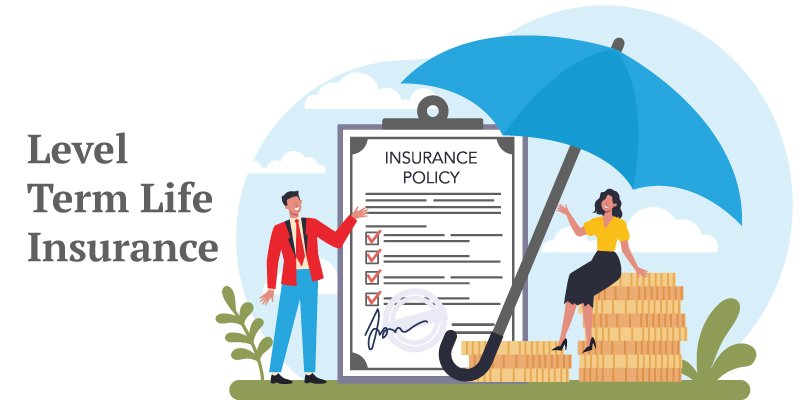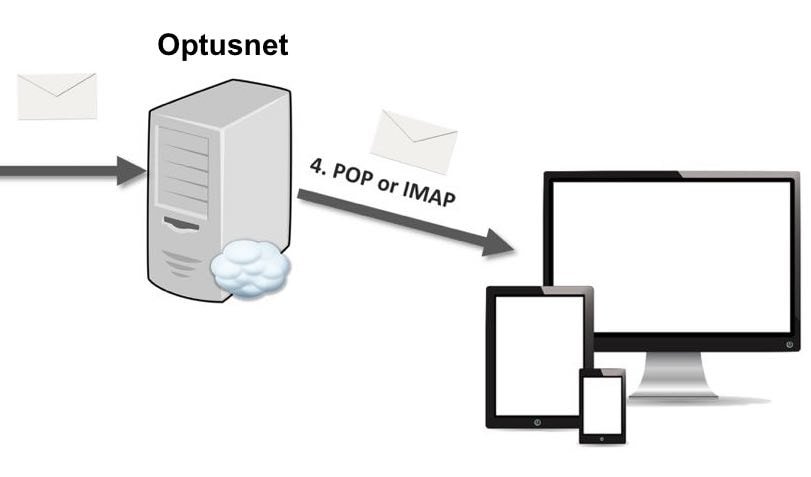Heading 1: The Importance of Professional Guidance in Divorce
Divorce is a life-altering event that brings numerous challenges and emotions. Seeking assistance from experienced divorce lawyers is crucial to navigate the legal intricacies and protect your interests throughout the process.
Heading 2: Choosing the Right Divorce Lawyer
Finding the ideal divorce lawyer to represent you can significantly impact the outcome of your case. Here are some valuable tips to help you choose the right legal professional:
Sub-heading 1: Assessing Expertise and Specialization
When selecting a divorce lawyer, it’s essential to consider their expertise and specialization in family law. Look for attorneys who have a proven track record of handling divorce cases and possess in-depth knowledge of relevant state laws.
Sub-heading 2: Evaluating Reputation and Client Reviews
Take the time to research and read reviews about potential divorce lawyers. Client testimonials and online reviews can provide valuable insights into an attorney’s reputation, work ethic, and success rate.
Sub-heading 3: Compatibility and Communication
A strong lawyer-client relationship is vital during divorce proceedings. Schedule initial consultations with prospective attorneys to gauge their communication style, responsiveness, and compatibility with your needs and preferences.
Heading 3: Financial Planning during Divorce
Divorce can have significant financial implications, and proper planning is essential to ensure your financial well-being during and after the separation. Consider the following tips:
Sub-heading 1: Organizing Financial Documents
Gather and organize all relevant financial documents, including bank statements, tax returns, property records, and investment portfolios. This will provide a comprehensive overview of your financial situation and aid in making informed decisions.
Sub-heading 2: Determining Marital Assets and Debts
Work closely with your divorce lawyer to identify and accurately value marital assets and debts. This includes jointly owned property, retirement accounts, investments, and outstanding loans. Understanding your financial landscape is crucial for fair division.
Sub-heading 3: Budgeting and Lifestyle Adjustments
Prepare a post-divorce budget that reflects your adjusted financial circumstances. Take into account changes in income, expenses, and potential child support or alimony payments. Consulting with a financial planner can help you create a realistic financial plan.
Heading 4: Child Custody and Parenting Time
Child custody and parenting time arrangements are among the most sensitive and emotionally charged aspects of divorce. Consider the following tips when navigating these matters:
Sub-heading 1: Prioritizing the Child’s Best Interests
Courts prioritize the best interests of the child when determining custody arrangements. Focus on creating a nurturing and stable environment for your child and fostering a cooperative co-parenting relationship.
Sub-heading 2: Creating a Comprehensive Parenting Plan
Collaborate with your ex-spouse to create a detailed parenting plan that addresses important aspects such as custody schedules, decision-making authority, and holiday arrangements. A clear and comprehensive plan can minimize future conflicts.
Sub-heading 3: Seeking Mediation or Alternative Dispute Resolution
Consider mediation or alternative dispute resolution methods to resolve custody disagreements. These approaches can provide a more amicable and child-centered environment, reducing the need for a court battle.
Heading 5: Maintaining Emotional Well-being during Divorce
Divorce can be emotionally challenging, but there are strategies to help you navigate this period more effectively. Consider the following tips for maintaining emotional well-being:
Sub-heading 1: Seeking Support from Loved Ones
Rely on the support of your friends and family during this difficult time. Surround yourself with positive and understanding individuals who can provide emotional support and a listening ear when needed.
Sub-heading 2: Engaging in Self-Care Activities
Take care of yourself by engaging in activities that promote self-care and relaxation. This can include exercise, hobbies, meditation, or spending time in nature. Prioritizing your well-being will help you manage stress and maintain a positive mindset.
Sub-heading 3: Considering Professional Counseling
If the emotional burden becomes overwhelming, consider seeking professional counseling. A therapist or counselor can offer valuable guidance and tools to cope with the emotional challenges of divorce, helping you navigate the process more effectively.
Heading 6: Maintaining Open Communication
Clear and open communication is vital throughout the divorce process. Here are some tips to help you navigate communication effectively:
Sub-heading 1: Keeping Emotions in Check
Try to approach communication with your ex-spouse in a calm and collected manner. Keeping emotions in check can prevent unnecessary conflicts and facilitate more productive discussions.
Sub-heading 2: Choosing the Right Communication Method
Decide on the most suitable method of communication with your ex-spouse, whether it’s in-person meetings, phone calls, or email. Use a method that allows for clear and documented conversations to avoid misinterpretations.
Sub-heading 3: Prioritizing Children’s Well-being in Communication
When communicating with your ex-spouse about children, always prioritize their well-being. Focus on discussing matters related to parenting and avoid bringing up past grievances or engaging in arguments that can negatively impact the children.
Heading 7: Understanding the Legal Process
Having a basic understanding of the divorce legal process can empower you to make informed decisions and effectively collaborate with your lawyer. Consider the following tips:
Sub-heading 1: Familiarizing Yourself with Local Laws
Educate yourself about the divorce laws specific to your jurisdiction. Knowing the legal requirements, timelines, and potential outcomes will help you understand what to expect and make more informed decisions.
Sub-heading 2: Asking Questions and Seeking Clarification
Do not hesitate to ask your lawyer questions when you’re unsure or need clarification. Understanding the legal terminology and the implications of various decisions will enable you to actively participate in the process.
Sub-heading 3: Collaborating with Your Lawyer
Maintain open and honest communication with your lawyer. Share any relevant information, concerns, or changes in circumstances promptly. A collaborative relationship with your attorney will ensure they can provide the best representation and guidance.
Heading 8: Negotiating and Settling Agreements
Divorce often involves negotiating and reaching agreements on various matters. Here’s some advice to help you navigate this process:
Sub-heading 1: Prioritizing Win-Win Solutions
Approach negotiations with the goal of finding mutually beneficial solutions. Collaborative and cooperative approaches can lead to more satisfactory outcomes for both parties involved.
Sub-heading 2: Considering Mediation or Collaborative Divorce
Explore alternative dispute resolution methods such as mediation or collaborative divorce. These processes emphasize open communication, compromise, and creative problem-solving, enabling you and your ex-spouse to maintain control over the decisions rather than leaving them to the court.
Sub-heading 3: Reviewing Agreements Carefully
Before signing any agreements, carefully review the terms and conditions with your lawyer. Ensure you fully understand the implications and consequences of the agreement before giving your consent.
Helpful Tips from Divorce Lawyers: FAQs
1. How long does the divorce process typically take?
Answer: The duration of a divorce case varies depending on various factors, including the complexity of issues and the cooperation of both parties. On average, a divorce process can take several months to a year or more.
2. What factors are considered when determining child custody?
Answer: When deciding child custody, courts consider factors such as the child’s best interests, each parent’s ability to provide a stable environment, the child’s relationship with each parent, and the willingness of parents to cooperate in co-parenting.
2. Can I modify child custody arrangements in the future?
Answer: Yes, child custody arrangements can be modified if there is a significant change in circumstances or if the current arrangement no longer serves the child’s best interests. However, it’s best to consult with a divorce lawyer to understand the specific requirements and procedures for modification.
3. How are assets divided in a divorce?
Answer: Asset division varies depending on the jurisdiction and individual circumstances. Generally, marital assets are divided equitably, considering factors such as each spouse’s contributions, the duration of the marriage, and the future financial needs of each party.
4. What if my spouse and I cannot agree on important issues during divorce?
Answer: If you and your spouse cannot reach agreements, alternative dispute resolution methods such as mediation or arbitration can be pursued. If all else fails, a judge will make decisions based on the evidence presented during a trial.
5. Do I need a lawyer for my divorce?
Answer: While it’s possible to navigate a divorce without a lawyer, having legal representation is highly recommended. A divorce lawyer can provide guidance, protect your rights, and ensure that all legal processes are properly followed.
Conclusion
Divorce is a challenging and complex process, but with the help of experienced divorce lawyers and the application of helpful tips, you can navigate the journey with greater ease. Choosing the right lawyer, focusing on financial planning, prioritizing children’s well-being, and maintaining open communication are key factors in achieving a smooth separation. Remember to prioritize self-care and seek emotional support throughout the process. By understanding the legal process, negotiating agreements, and seeking professional guidance when needed, you can move forward with confidence and begin a new chapter in your life.




